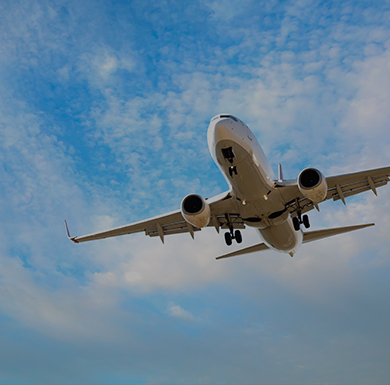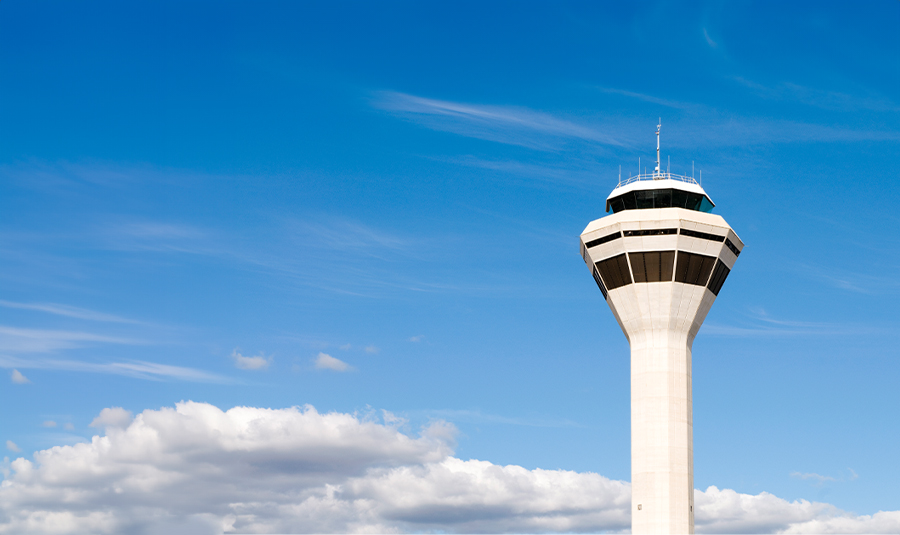The announcement that the FAA will require recreational drone registration by the end of the year has generated new interest and even some refreshed hatred for drones in our nation. Seemingly, everyone from your neighbor to your grandmother is talking about drones and whether or not recreational drone registration is necessary. Everyone is torn on the issue. Recreational drone operators don’t want to go through the hassle of registering their $30 drone. The general public can’t fathom how registration will keep a drone from spying on them in their backyard. The FAA, however, wants to be able to hold someone accountable when a DJI Phantom 3 has a near-miss with a Boeing 737. There are a lot of arguments for the good and evil in recreational drone registration. Nonetheless, let’s hone in on the big question: is recreational drone registration practical?
Let’s overlook all the jurisdictional issues, such as whether or not the FAA really has the authority to regulate recreational drones. Instead, let’s assume that everything is on the up and up and God has etched into stone that the FAA can regulate recreational drones from here to kingdom come. With that out of the way, it’s easier to specifically focus on the logistics of registering a hobby drone. Besides, in case you haven’t noticed, this administration doesn’t seem to care about whether or not they are legally allowed to do something…they just do it.
So, let’s assume that before the end of the year, the FAA hands down a regulation that says “every single drone/UAV that is operated in the United States, no matter its size, no matter its operator, must be registered with the FAA.” This would mean each and every one of the one million recreational drones that the FAA expects to be sold over the 2015 holiday season would need to be registered. If Santa brings little Bobby a drone for Christmas, let’s hope that Grandma and Grandpa bought him the registration to go along with it. Therein lies a problem…can we expect drones to come “pre-registered” to where all the consumer has to do is send in her name and drone serial number on a postage-provided postcard (much like registering for a warranty) or should we expect something similar to waiting on line at the DMV? Would it cost money to register your drone – thus making it that additional gift under the Christmas tree?
The logistics of the registration process has a lot of drone enthusiasts concerned. The recreational drone operators that fly their drones just to have fun and blow ff some steam after work will probably give up their hobby before it comes a regulation minefield. If it costs an additional $125 to register the drone and $500 to have an attorney assist with the registration, most would probably take up a different hobby…we hear knitting isn’t that regulated yet. Herein lies another problem, however. It seems like the regulatory hassles of registration would alienate the industry, causing fewer and fewer people to want to get involved in UAV operations. Can we afford to lose a billion dollar industry?
Nonetheless, forget everything you just read (long enough to read this paragraph) and assume that registering a drone is as simple as pie. Maybe little Bobby can go onto a website and enter his name and drone serial number and then BAMM – his drone is registered. Well that’s great, but what happens if Bobby wants to sell his drone? Will it be as simple as registering the drone in the first place? We don’t have to look much further than the VA, to know that the government doesn’t do “streamline.” What if Bobby’s drone gets stolen? What if Bobby just wants to throw his $50 drone in the garbage – will he have to unregister his drone? Will that cost him anything? If so, the FAA is a sucker for thinking that little Bobby will do so.
Okay, so now let’s pretend that Bobby got his UAV for Christmas, registered it (no matter how difficult or expensive a task that was), and is out flying in the neighborhood. Bobby sees a Cessna 172 flying above his house and says to himself “let me see if I can get the drone to go up that high.” Every child flying a UAV has probably had this thought at some point. Surprisingly, Bobby is able to get some altitude with his drone, as he inches closer and closer to the flight path of the 172. Maybe the Cessna pilot doesn’t see the drone and the drone ends up striking the aircraft’s wing strut. Minimal damage is done to the Cessna (whew, they were lucky) but the drone is obliterated into smithereens. When the remaining particles come crashing back down to earth, maybe they catch on fire, fall in a lake, or somehow be further destroyed. Do you think it is likely that the FAA will be able to locate the serial number/registration number on this drone and ultimately track it back to little Bobby? The odds seem relatively low. Furthermore, how can we point the finger at Bobby – maybe his dad, his neighbor, his friend from school, or his grandma were flying at the time of the accident!
The foregoing are just a series of questions and scenarios that drone operators feel like the FAA is grossly overlooking. What we are seeing here is the FAA making a kneejerk reaction. The prediction was made that over a million drones would be sold over the holiday season and someone high up on the totem pole said, “we need to do something.” Unfortunately, the FAA waited until the last minute to find a solution and the drone industry will suffer as a result. Is recreational drone registration practical? It could be…but there’s no way the FAA will get it right with the two month timeframe they are working with. It’s clear, however, that the FAA wants more accountability within the recreational drone community and if that requires bringing a FAA Enforcement Action against a drone operator, they will probably do so.
If you have questions about operating your drone legally, want to fly your drone commercially with a Section 333 Exemption, or are facing a FAA Civil Penalty, call a drone attorney at The Ison Law Firm. Whether you need a Florida drone attorney, national drone attorney, or Section 333 attorney, feel free to call us at 863-712-9472 or e-mail to [email protected].

